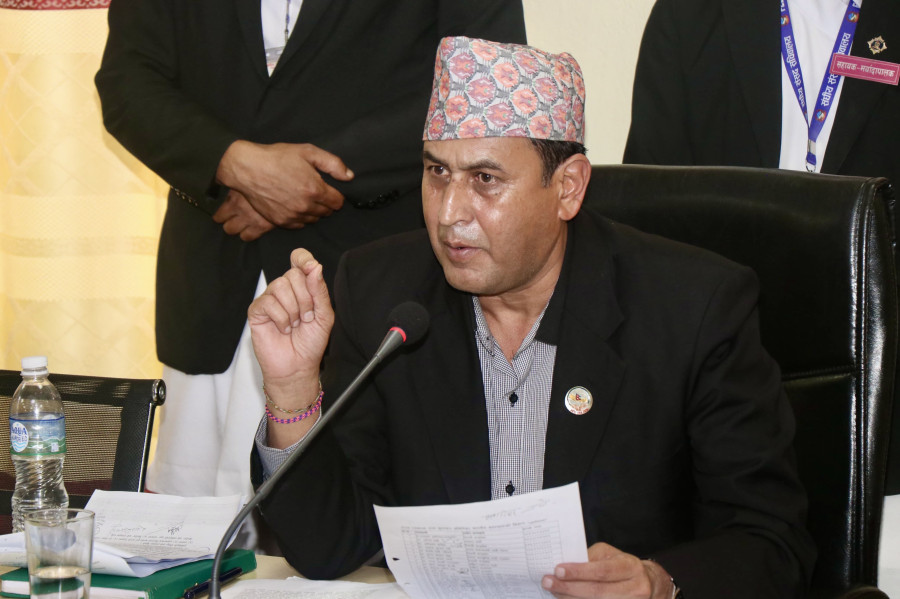Editorial
Omission by commission
Resignation or suspension of certain officials isn’t enough. Harsh punishment is also warranted.
It was a diabolical manipulation. The issue of the ‘cooling off period’ in the Federal Civil Service Bill is again heating up. A new provision barring civil servants from political appointments in constitutional bodies, ambassadorial positions and other posts for two years after their retirement or resignation, had been settled a month and a half ago by the State Affairs and Good Governance Committee of the House of Representatives. The committee resolved the issue with consensus after a months-long discussion, and the bill was supposed to be approved by the House plenary as it is.
Events however took a dramatic turn when the text of the bill endorsed by the House meeting on Sunday was found to be different to the one passed by the committee. The approved text is drafted in such a way that it immediately clears the way for the political appointments of former bureaucrats. This has expectedly caused an uproar as such acts infringe on Parliament’s sovereignty in law-making.
Maoist Centre Chief Whip Hitraj Pandey, who was involved in the process of finalising the bill in the House committee, ruled out human error or a procedural oversight. Echoing other lawmakers, the chief whip of the main opposition party said they trusted senior government officials to finalise the bill but were betrayed. Former minister Padam Giri of the ruling party the CPN-UML has asked for the resignation of the committee chair Ramhari Khatiwada and Secretary Suraj Kumar Dura.
Even lawmakers from Khatiwada’s own party, the Nepali Congress, have criticised the committee chair’s role and demanded action against those involved in the bill’s altercation. Khatiwada and committee officials dismiss the allegations. They point fingers at officials from the ministries involved in preparing the bill’s final draft. On the other hand, Minister for General Administration Raj Kumar Gupta, who presented the bill in the House, also claims to have been deceived. This blame game also exposes the sheer irresponsibility of our lawmakers and senior government officials. It was no secret that top bureaucrats were lobbying to stop Parliament from including the cooling-off provision. They met the prime minister, Speaker, and other top leaders to lobby to remove the provision from the bill.
After lobbying and pressure from the bureaucrats, top leaders including the prime minister were reportedly trying to find a way to alter the cooling-off provision. In the meantime, the agenda of presenting the civil service bill for endorsement in the House on May 19 was suddenly removed from the business advisory. This string of events also shows how the sovereignty of the Parliament, the supreme law making body, was repeatedly undermined.
There has long been a debate on how Nepal’s constitutional bodies and embassies were being converted into “clubs of retired bureaucrats”. Moreover, retired bureaucrats have often rendered constitutional bodies such as the Commission for Investigation of Abuse of Authority (CIAA) and the Election Commission toothless. Numerous scams suggest big corruption takes place in collusion between politicians and bureaucrats. Thus the “bill tampering case” highlights the need for a powerful and independent investigation. Resignation or suspension of certain officials isn’t enough. Harsh punishment is also warranted in what is clearly a criminal offense.




 9.7°C Kathmandu
9.7°C Kathmandu














